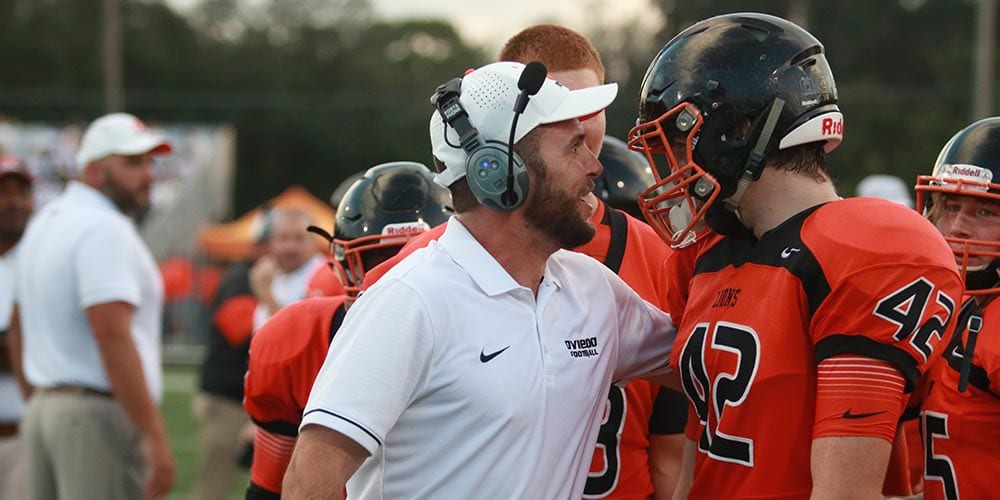This past week I read Tony Dungy’s new book, The Soul of a Team. The book is a fictional account of a promising, but underachieving NFL organization. The make-believe organization, The Orlando Vipers, have a lot of great players, coaches, and front office executives, but can’t improve past a mediocre record. So they bring in Coach Dungy as a consultant. We get to walk alongside Coach Dungy as he makes observations and diagnoses all of the reasons they are falling short. The issues the Orlando Vipers are dealing with are common, but not insurmountable. In fact, as Coach Dungy boils it down brilliantly, it only comes down to a couple of core ingredients that are being missed.
The Soul of a Team made me evaluate myself as a leader, where I am doing well and where I need work. It lays out principles that can make any leader successful. Organizations fall because of leadership failure, plain and simple. And leaders fail for a variety of reasons; however, many of those reasons can be fixed with simple discipline, soul-searching, and execution. Here are 7 reasons leaders fail.
1. They set the wrong goals.
Some leaders get too focused on achievement. They want sales, numbers, growth, a championship, or to just beat the competition. Those are fine goals, but as Coach Dungy explains in The Soul of a Team, one goal that needs to come before that is deciding who you want to be collectively. These are the principles and values you want everyone to embody and the impact you want to have in the world. This will govern decisions, especially how personnel is chosen.
2. They don’t accept the truth.
Max De Pree said that the number one concern of every leader is to define reality. In order for a leader to be effective, he or she has to embrace the truth no matter how ugly. Strong leaders make conclusions based on where the data leads rather than making the data fit into their preconceived ideas.
3. They don’t hold themselves accountable.
A good leader will accept responsibility for failures, wrong strategies, and shortcomings. One of the quickest ways to leadership failure is making excuses instead of changes when the current course is ineffective. Horst Schulze, who was the longtime president of Ritz Carlton, said that leaders give up the right to make excuses.
4. They don’t hold others accountable.
One of the biggest reasons many CEOs fail is not due to their strategy. It is because when they are hired they want to bring in people they trust, so they bring in friends, but then refuse to hold those friends accountable. In The Soul of a Team, coaches refused to hold star players accountable in the same way they held rookies accountable. It may be difficult, but consistent accountability keeps everyone sharp.
5. They keep people in the wrong seats.
When a person is in a position that doesn’t match their gifting and/or passion it’s not only bad for the organization, it’s bad for that person. Neither one will go beyond a certain level of accomplishment if any. A good leader actively works to put people in the right place so their gifting can ensure maximum performance and their passion can ensure self-motivation.
6. They don’t take feedback.
Sheila Heen, who studies how people receive feedback said, “If you don’t know what you need to work on as a leader, do you know who does? Everybody else.” A leader who doesn’t take feedback well operates with limited information, is unable to meet the needs of those he or she is leading and creates a culture that lacks collaboration.
7. They lose sight of the big picture.
When leaders lose sight of the big picture they tend to make emotional and irrational decisions. They look for quick fixes to problems rather than building the right way. It’s the difference between being proactive and being reactionary. It’s an easy way to end up off course.










